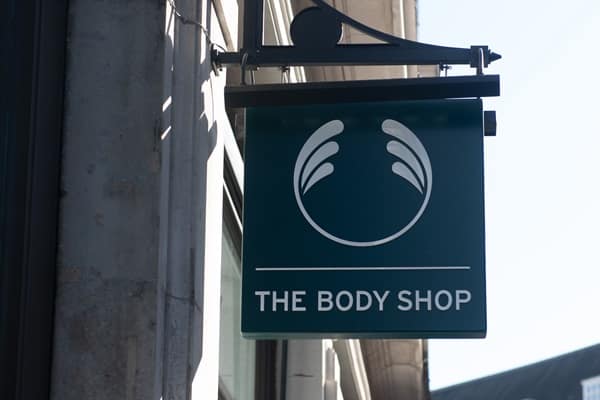The Body Shop’s collapse into administration is a reminder to suppliers to ensure that their contracts are watertight, according to a leading commercial lawyer.
Established in 1976 by the late Dame Anita Roddick, The Body Shop was only acquired recently by private equity firm Aurelius – the third time the business has changed hands since 2006.
The Body Shop currently has more than 200 shops across the UK and around 3,000 globally, employing around 10,000 staff, plus another 12,000 via franchises.
Rebecca Hallam, an associate in the commercial team of national law firm Clarke Willmott LLP, says the failure of major retailers like The Body Shop should serve as a wake-up call to their myriad of suppliers.
“Insolvencies are on the rise again across the UK and The Body Shop is the latest big name casualty on the High Street, following the demise of Wilko last year,” she said.
“English law provides very little protection for suppliers trading with insolvent companies and these situations always highlight the importance for suppliers of having robust contracts in place to protect against a worst case scenario.
“If your business is owed money by an insolvent company, your options to secure payment are likely to be limited. Instead, your business may look to try and mitigate its losses by suspending future supplies or reclaiming goods which have not been paid for (where title to those goods has not passed to the insolvent company).
“Ultimately you may also feel that your business has no option but to terminate its contract with the insolvent company. Unfortunately, none of these options may be available, or easy to exercise, if they are not contained in the contract.”






Leave a Comment